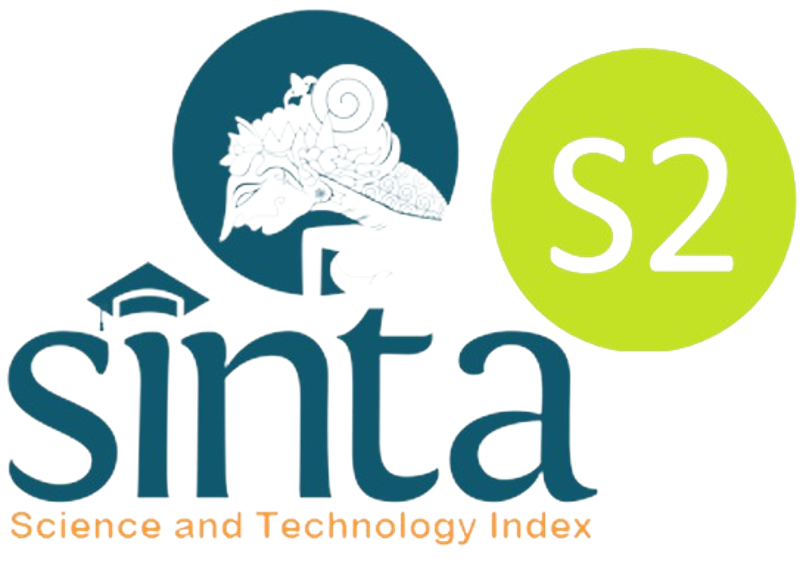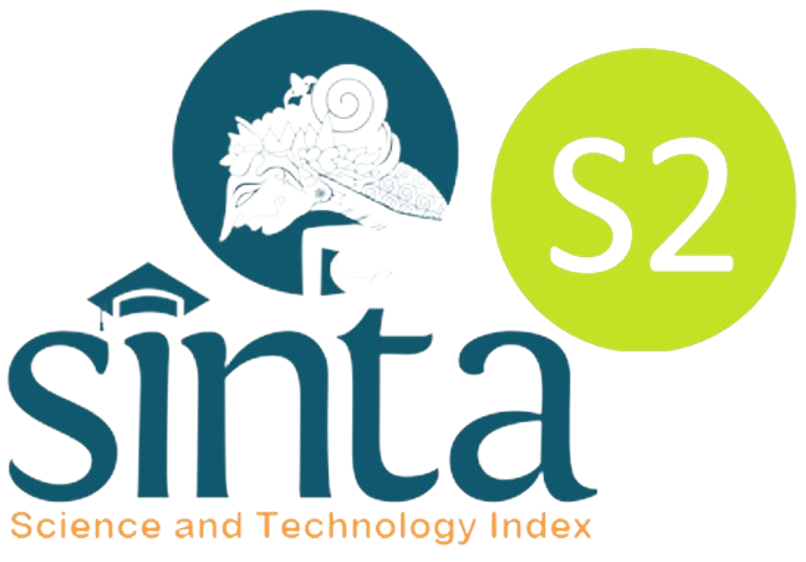PERBANDINGAN HASIL BELAJAR BIOLOGI MELALUI MODEL PEMBELAJARAN KOOPERATIF TIPE MAKE A MATCH DAN THE POWER OF TWO PADA KONSEP SISTEM EKSKRESI SISWA KELAS XI IPA SMAN 1 SUNGGUMINASA MAKASSAR
DOI:
https://doi.org/10.26740/jpps.v4n1.p452-458Keywords:
Cooperative comparison learning model of Make a Match, Cooperative learning model of The Power of Two, cognitive, affective, and psychomotor learning outcomes.Abstract
The study aims at examming 1) the difference of cognitive leraning outcomes between students who were taught by using cooperative learning model of Make a Match type and the ones taught by using The Power of Two type, 2) the difference of affective learning outcomes between students who were taught by using cooperative learning model of Make a Match type and the ones taught by using the Power of Two type 3) the difference of psychomotor learning outcomes between students who were taught by using cooperative learning model Make a Match type and the ones taught by using The Power of Two type of grade XI students at SMAN 1 Sungguminasa Makassar. The study was a quasi-experiment research which employed the static group pretest posttest design. The study used the experiment group I by implementing cooperative learning model of Make a Match type and the experiment group II by implementing cooperative learning model of The Power of Two type. The instruments of the study were the test of learning outcomes to measure the cognitive learning outcomes, observation sheet to measure affective and psychomotor learning outcomes of the students. Data were analyzed using descriptive statistic analysis and inferential statistic analysis (uji t α = 0,05 ) supported by SPSS 17.0 for windows program. that the result using The Power of Two was higher than the one using The Power of Two.
Penelitian ini bertujuan untuk 1) Mengetahui perbedaan hasil belajar kognitif siswa dengan penerapan model pembelajaran kooperatif tipe Make a Match dengan kooperatif tipe The Power of Two pada siswa kelas XI SMAN. 1 Sungguminasa Makassar 2) Mengetahui perbedaan hasil belajar afektif siswa dengan penerapan model pembelajaran kooperatif tipe Make a Match dengan kooperatif tipe The Power of Two pada siswa kelas XI SMAN 1 Sungguminasa Makassar 3) Mengetahui perbedaan hasil belajar psikomotorik siswa dengan penerapan model pembelajaran kooperatif tipe Make a Match dengan The Power of Two pada siswa kelas XI SMAN 1 Sungguminasa Makassar. Jenis penelitian ini adalah quasi eksperimen dengan rancangan The static Group Pretest Posttest Design. Instrumen penelitian berupa Tes Hasil Belajar (THB) untuk mengukur hasil belajar kognitif, dan lembar observasi untuk mengukur hasil belajar afektif dan psikomotorik siswa. Data dianalisis statistik deskriptif dan inferensial (Uji t α = 0,05) dengan bantuan program SPSS 17.0 for windows. Hasil penelitian ini menunjukkan bahwa 1) Hasil belajar kognitif siswa dengan penerapan model pembelajaran The Power of Two lebih tinggi dibandingkan dengan penerapan model pembelajaran kooperatif tipe Make a Match 2) Hasil belajar afektif siswa dengan penerapan model pembelajaran tipe Make a Match lebih tinggi dibandingkan dengan penerapan model pembelajaran kooperatif tipe The Power of Two 3) Hasil belajar psikomotorik siswa dengan penerapan model pembelajaran tipe Make a Match lebih tinggi dibandingkan dengan penerapan model pembelajaran kooperatif tipe The Power of Two.
Downloads
Downloads
Published
How to Cite
Issue
Section
 Abstract views: 1642
,
Abstract views: 1642
, PDF Downloads: 1258
PDF Downloads: 1258













